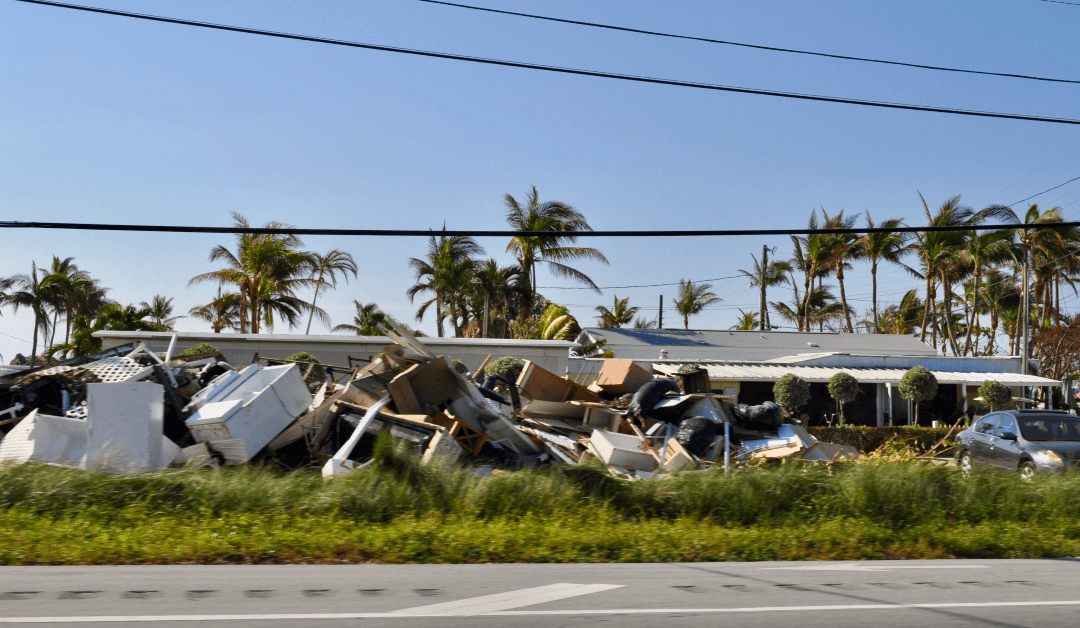Human lives are just as vulnerable to destruction as buildings in the path of a hurricane. If you and your loved ones take the necessary precautions, you can lessen the damage caused by the hurricane. Before the danger becomes immediate is the ideal time to begin.
Don’t wait for the government to issue a hurricane watch before taking any action; by then, it might be too late. Early preparation with Atlas Armor can lessen the impact of hurricanes on your home and help you ride out any emergencies that may arise.
Steps for Hurricane Preparation
Following are steps you must follow for hurricane preparation.
-
Plan Evacuation Route
In the occasion of a severe storm, it may be necessary for those who reside just on the coast either in mobile homes to leave their homes and seek shelter elsewhere.
Even though you will receive instructions from the government in the event of a disaster, it is still prudent to make preparations for your own evacuation in advance. You can practice your evacuation route, research nearby shelters, and double-check that you have all of your important documents by doing so.
-
Keep Non-Perishable Emergency Supplies
People flock to stores as soon as a tropical cyclone warning is given. The following should be on hand to beat the rush: Include things like:
- Massive plastic sheeting
- Plywood
- Roll down hurricane screens
- Mallet
- Spare batteries in case of emergency.
- Stay matches dry
- Hurricane screen protection
These items will be taken with you in the event of an evacuation. Consume items with a short shelf life (such as batteries or food) and replace them as their expiry dates approach.
-
Take an Inventory of Personal Property for Hurricane Prep
Making an inventory of your home’s contents can help you determine how much insurance coverage you need to replace your belongings. It can help you get disaster relief faster, prove your losses on your taxes, and expedite the claims process. Be sure to pack your home inventory along with other relevant documentation in the event of an evacuation.
-
Review Insurance Policies
Use this storm season health coverage checklist to learn more about your policy and determine whether or not it will cover the costs of repairing or rebuilding your home and replacing your belongings.
Remember that your owner’s policy will pay for emergency repairs after a storm, as well as ALE (additional living expenses) above and beyond what you would normally spend. If you were forced to replace (such as the extra expense of getting to work or to school if your temporary home is in a different community).
Moreover, flood damage is not covered by a standard homeowners policy, so it’s crucial to think about purchasing separate insurance coverage. Protection from wind and water damage caused by the wind may require a separate strategy if you live near the coast.
Get in touch with your insurance agent if you have any concerns about the scope of your current service or if you’d like to discuss adding to it.
-
Take Steps to Protect Home
Most destruction of property from storms occurs after the thunderstorm when water enters structures via smashed windows, gates, and openings in the roof. This is because landscaping materials blown around by the massive storm can become dangerous projectiles.
While it may be costly to retrofit your residence to protect against such threats, this process can be broken down into manageable chunks.
- Crushed bark is a lighter, more manageable alternative to gravel or rocks for landscaping.
- Reduce the risk of damage to your home by putting up storm shutters and cutting down any wood or branches that might fall on it. You could also prepare your windows by installing plywood panels that can be pinned to the frames in the event of a storm.
- Doors exposed to the elements must be sturdy enough to withstand a hurricane, so install three pivots and a fallen bolt clamp that is at least 1 inch lengthy.
- If you have sliding glass doors, make sure they’re tempered glass and cover them with windows or plywood when a storm is coming. These gates are more likely to be damaged by the wind than others.
- Make absolutely sure you understand how to secure your tiny house from strong winds, and check your insurance plan just in case.
- Evaluate your boat insurance plan, and learn how to properly secure your boat teaser to the floor or your home.
Conclusion
Roll down the hurricane screen. If you are looking for high-quality and affordable screens then go for Atlas Armor hurricane screens, also known as Florida hurricane screens. Contact us for more details and information about hurricane preparation.

